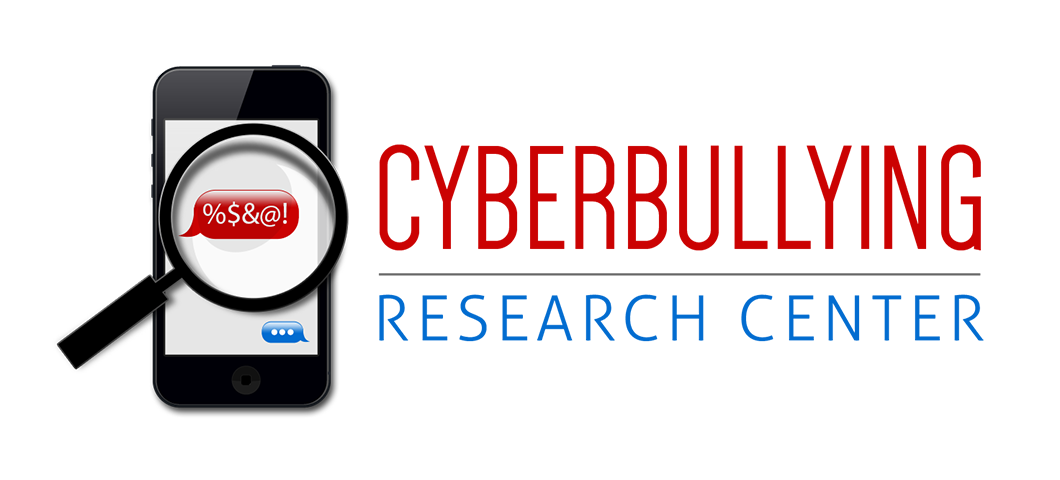
Decoding Your Digital Footprint
When individuals are online, they are assigned an Internet Protocol (IP) address by their Internet service provider (e.g., Earthlink, AOL, Qwest, Comcast, their school) or cell phone service provider (e.g., Sprint, AT&T, Verizon). This IP address is unique and is bound to a person’s current online session—whether it is via a computer, cell phone, or […]

How to Report Cyberbullying on Instagram
Explains how to report cyberbullying, abuse, and threats on Instagram. Recently, we’ve discussed general safety tips for teens related to Instagram, and also fleshed out in detail how individuals are cyberbullied on Instagram. Today, I thought I’d summarize the ways in which teens (and adults) should use Instagram and how to report cyberbullying on it […]

Cyberbullying on Instagram
Last time, I shared my viewpoints on Instagram safety in a general way. Today, I’m going to talk about cyberbullying that occurs on Instagram. As I mentioned, Instagram is minimalistic and intentionally doesn’t provide a lot of features that you might find on Facebook. This also means that various forms of victimization – identity theft, […]

My Advice to Teens about Instagram
Instagram is great. I use it and like it very much, for a number of reasons. Even though I have to view it through the lens of “online safety” given my work and professional passion, I still completely support (and am excited about) its widespread and growing adoption by teens (and adults). Similar to other […]

Submit: The Documentary
I just previewed the producer’s cut of a new film on the topic of cyberbullying. Admittedly, I was skeptical at first, because I have seen these kinds of productions before and have either been underwhelmed or downright angry at the way the problem was portrayed. But this effort was different and I think has the […]

Pause Before You Post
Technology is great and we know from our research that the vast majority of teens are using it safely and responsibly. But a few are creating problems for themselves or others by what they post online. That’s why we’ve partnered with Jostens to produce a number of useful resources for you to educate yourself or […]

Resources to Teach Your Students about Cyberbullying and Online Responsibility
Now is the time to start thinking about what *you* are going to do to educate your students about cyberbullying, digital citizenship, online responsibility, and overall safety. A key to any educational effort is consistent reinforcement of the messages you want students to incorporate into their daily lives. Convening an all-school assembly on these topics […]

How young is too young for Facebook?
This is a common question I receive from many parents: “At what age should I give my child a cell phone or allow them to be on Facebook?” Of course this is not an easy question to answer since every child is different and parents themselves are probably in the best position to determine the […]

Password Safety Among Teens
Passwords are necessary to access personal accounts on a computer network. They serve as “authentication” devices and uniquely identify someone as being who they claim to be. Of course, correct authentication prevents others from accessing or altering your personal data. In our current Information Age, passwords are a part of everyday life. However, some users […]

New Report: “Youth Safety on a Living Internet”
The Online Safety and Technical Working Group just released their comprehensive report “Youth Safety on a Living Internet” detailing the current state of knowledge, practice, and tools regarding safeguarding our youth while they explore technology. The Report focused primarily on identifying industry efforts to promote online safety through education, technology, content, and other measures. In […]

